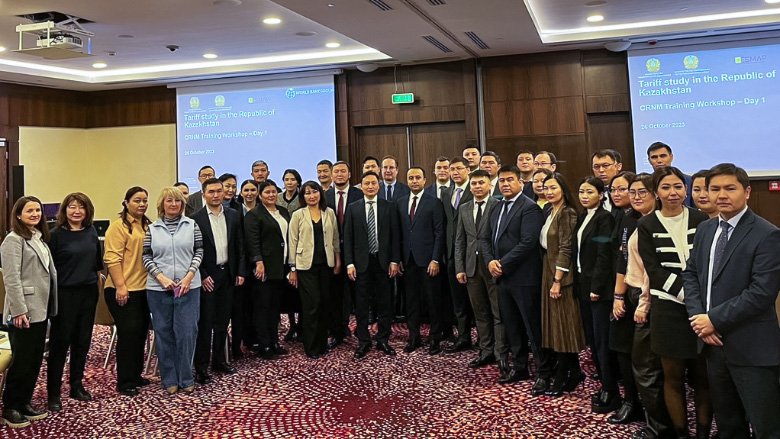Kazakhstan, a vast and resource-rich nation in Central Asia, is at a crossroads in its energy sector. With a growing emphasis on sustainability and a need to align with global decarbonization efforts, the country is embarking on a transformative initiative that aims to ensure the security and reliability of its energy supply. At the heart of this endeavor is a comprehensive energy subsidy reform package, driven by a partnership between the Government of Kazakhstan and the World Bank, working closely with the private sector.
A Vision for Reform and a New Methodology
Kazakhstan's energy sector has long been dependent on fossil fuels, and the country now faces the challenge of phasing out inefficient subsidies and modernizing its energy infrastructure. According to the International Energy Agency (IEA), Kazakhstan's fossil fuel subsidies amounted to approximately 6% of its 2021 GDP, placing it among the top 25 countries in terms of the magnitude of such subsidies. Recognizing the need for change, the government has committed to reforming and gradually phasing out these costly subsidies, and as part of this effort has introduced initiatives like the "tariff for investment" program to facilitate this transition.
The core of this transformation is the development of an incentive-based tariff regulation methodology, which aims to incentivize responsible and sustainable energy practices by linking financial rewards to the achievement of specific goals. To implement this methodology and approach, the government is pursuing a multifaceted reform effort that involves the design of a more equitable tariff structure, provisions for social protection to protect the vulnerable from potential price hikes, and the reinforcement of the institutional setup for tariff regulation.
A Path to Sustainability
Kazakhstan's energy subsidy reform journey is well underway - the package of reforms, including a new methodology for regulating the electricity and heating sectors was approved by the government before the end of 2023. Pilot implementation is scheduled for 2024, and it is anticipated that these initial steps will pave the way for broader industry integration. This integration will harmonize investment incentives with regulations—promoting innovation and sustainability, while also driving investments into the sector and improving operational efficiency.



